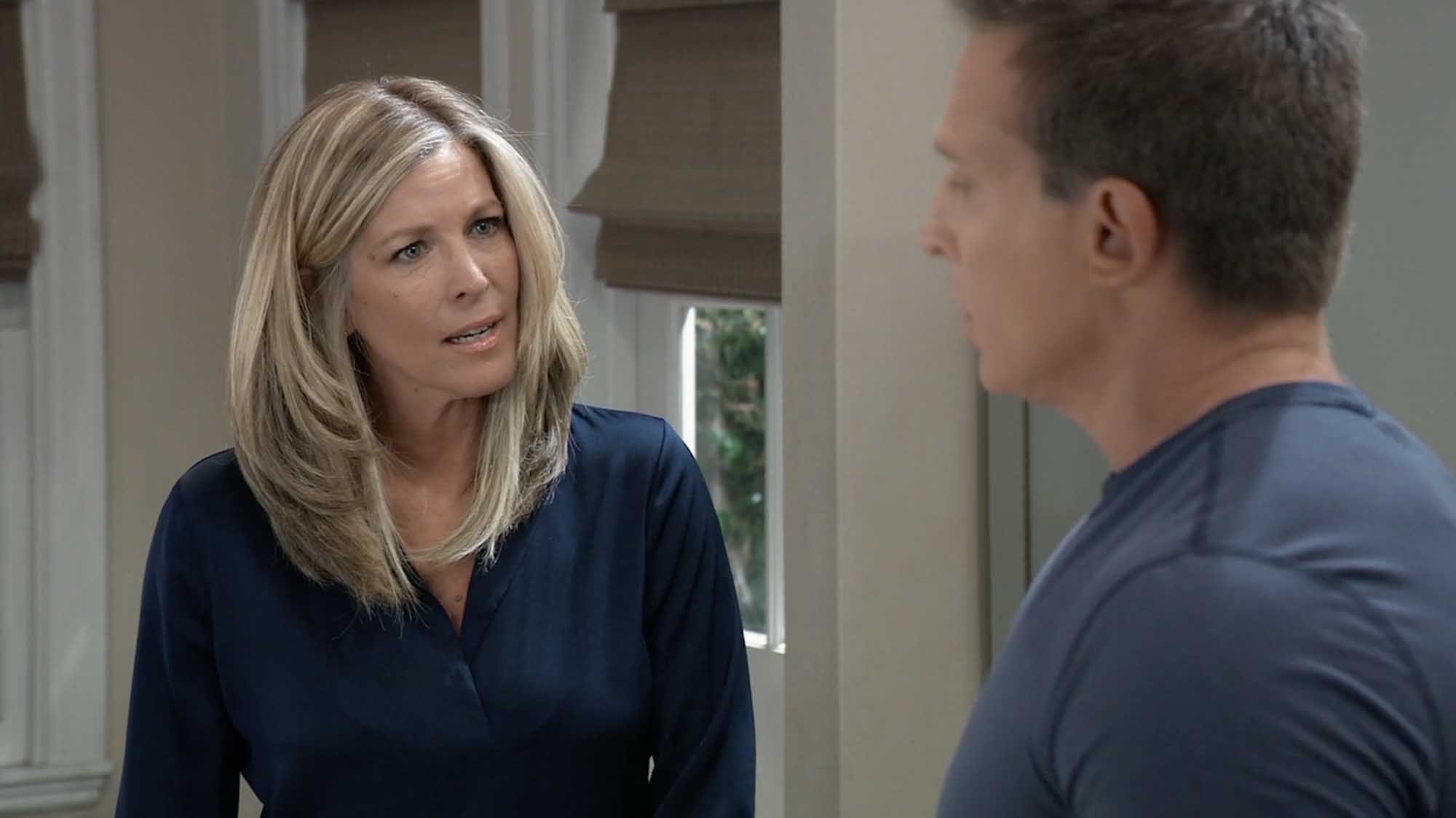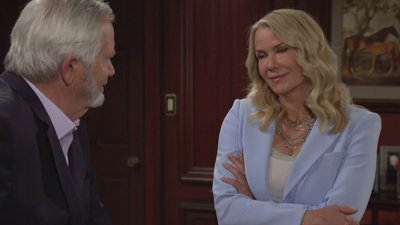Lincoln - Daniel Day-Lewis brings Spielberg's Lincoln memorial to life
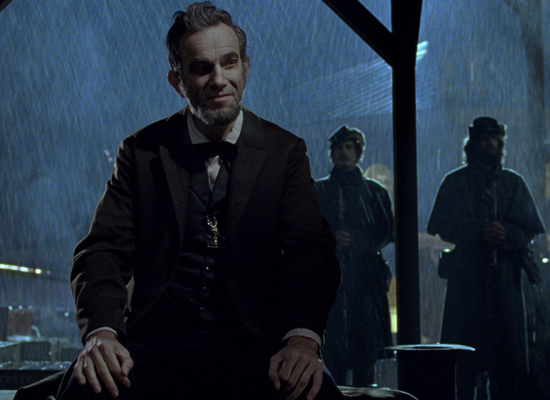
Lincoln, Steven Spielberg’s epic drama about Abraham Lincoln, is sure to be handsomely rewarded on Oscar night, and will undoubtedly become a cinematic set text in American classrooms for years to come, but less reverential viewers may find this two-and-a-half hour film worthy, wordy and ponderous.
That’s not the fault of Daniel Day-Lewis, who gives an astonishing performance as the president, his voice (an unexpectedly reedy tenor), gait and bearing an eerily faithful recreation of the Lincoln of contemporary reports. But given its epic length, it’s a surprise that the film’s scope is narrow rather than broad, covering as it does only the last few months in Lincoln’s life and his struggle to get the 13th Amendment, abolishing slavery, through an obstructive House of Representatives while beyond Washington the Civil War still rages.
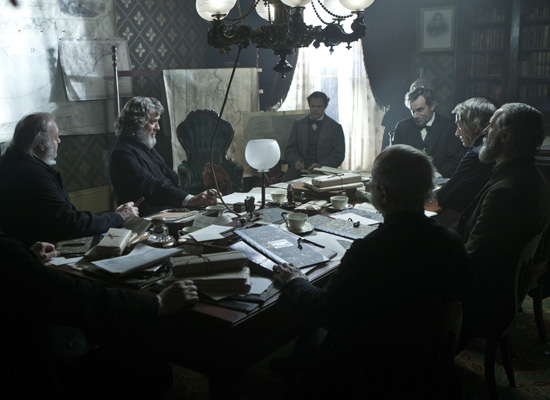
Scripted by Angels in America author Tony Kushner, who also wrote Spielberg’s Munich, and based on historian Doris Kearns Goodwin weighty 944-page book Team of Rivals: The Political Genius of Abraham Lincoln, the film's chief concern is the backrooms where politicians wheel and deal rather than the battlefield, although the opening scene does briefly depict the mud and blood of soldiers conducting savage hand-to-hand combat with brutal immediacy.
From here on, though, the film's focus is the murk of the political process, as Lincoln and his allies pursue the horse-trading and, at times, barefaced chicanery required to ensure the Amendment’s passage. Lincoln’s shrewdness as a political operator comes across vividly, his use of folksy anecdotes a beguiling weapon in his armoury. The resolute idealist is there too, as is the troubled family man, struggling to deal with his depressive wife (Oscar-nominated Sally Field) and querulous eldest son (Joseph Gordon-Levitt), who is eager to prove his mettle by joining the Union army.
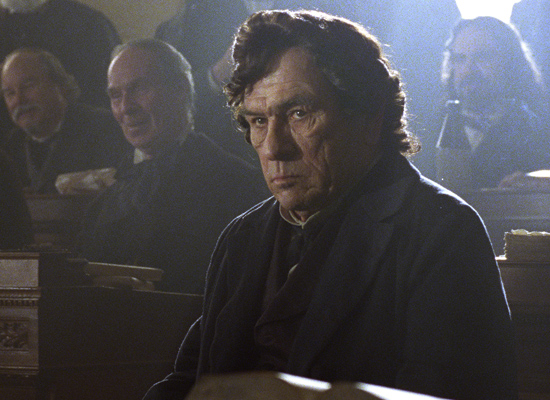
The supporting cast is excellent too, with a gallery of fine character actors lurking behind profusions of period-authentic facial hair. David Strathairn is wry realist William Seward, Lincoln’s secretary of state, and Tommy Lee Jones (also Oscar-nominated) is radical Republican leader Thaddeus Stevens. Former 1980s heartthrob James Spader pops up, bewhiskered and portly, as one of a trio of grubby lobbyists seeking to buy the votes of lame-duck Democrats.
Much of this is fascinating, and the actual vote on the Amendment proves surprisingly gripping, but elsewhere Spielberg disappointingly if typically lapses into moments of piety and sentimentality that undermine Day-Lewis's magnificent, credibly flesh-and-blood Lincoln.
In cinemas from Friday 25th January.
Get the What to Watch Newsletter
The latest updates, reviews and unmissable series to watch and more!
A film critic for over 25 years, Jason admits the job can occasionally be glamorous – sitting on a film festival jury in Portugal; hanging out with Baz Luhrmann at the Chateau Marmont; chatting with Sigourney Weaver about The Archers – but he mostly spends his time in darkened rooms watching films. He’s also written theatre and opera reviews, two guide books on Rome, and competed in a race for Yachting World, whose great wheeze it was to send a seasick film critic to write about his time on the ocean waves. But Jason is happiest on dry land with a classic screwball comedy or Hitchcock thriller.


